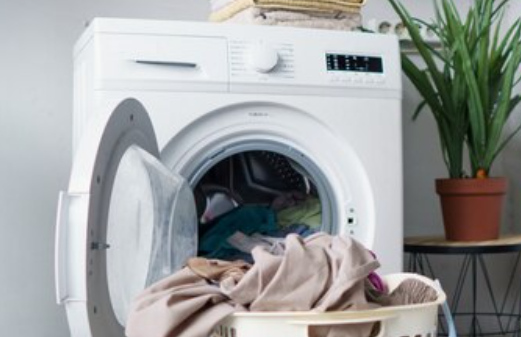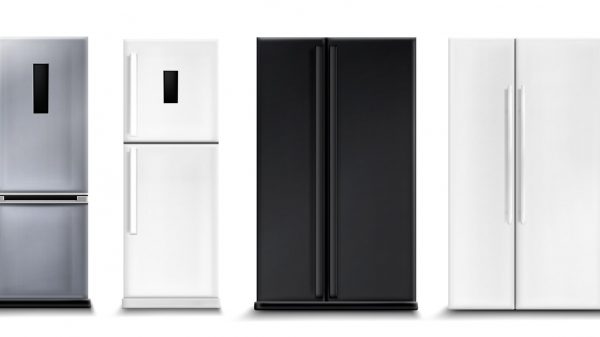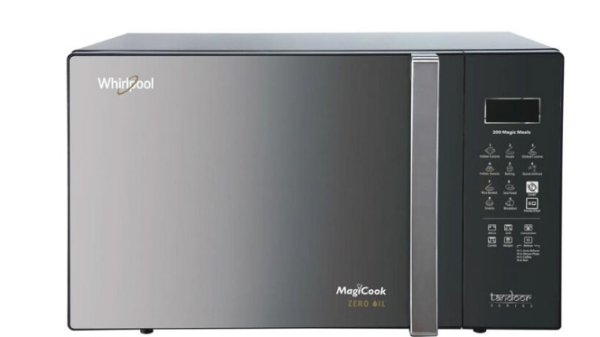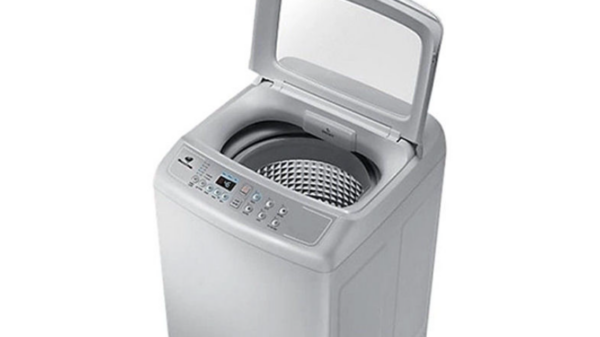Optimizing Your Air Conditioner Energy Consumption
As the scorching summer heat sets in, keeping our homes cool and comfortable becomes a top priority. However, running the air conditioner all day can lead to soaring energy bills and have a negative impact on the environment. The good news is that there are several ways to optimize your air conditioner’s energy consumption without sacrificing comfort. In this article, we’ll explore practical tips and techniques to help you achieve energy-efficient cooling. From optimizing thermostat settings to improving insulation, we’ve got you covered. So, let’s dive in and discover how to stay cool while minimizing energy usage!
Set an Optimal Temperature
Setting the right temperature on your thermostat is key to balancing comfort and energy efficiency. But what is the optimal temperature? Generally, setting your thermostat to around 24-26 degrees Celsius (75-78 degrees Fahrenheit) during the summer months strikes a good balance. However, personal preferences may vary, so find a temperature that keeps you comfortable without overcooling the space.
Utilize Programmable Thermostats
Programmable thermostats are a game-changer when it comes to energy-efficient cooling. These devices allow you to set different temperature schedules throughout the day, adjusting the cooling when you’re away or asleep. By optimizing temperature settings based on your daily routine, you can save energy and reduce cooling costs.
Maximize Natural Ventilation
Take advantage of natural ventilation to cool your home without relying solely on the air conditioner. During cooler times of the day, open windows and use fans to circulate fresh air. This helps remove stagnant hot air and brings in a refreshing breeze, reducing the load on your air conditioner and saving energy.
Improve Insulation
Proper insulation plays a crucial role in maintaining a cool indoor environment. Ensure that your home is well-insulated by sealing gaps around windows and doors, using weatherstripping, and insulating attics, walls, and floors. Good insulation helps prevent cool air from escaping and keeps hot air from entering, reducing the workload on your air conditioner.
Keep Sunlight Out
Sunlight streaming through windows can quickly heat up your home, forcing your air conditioner to work harder. Keep curtains or blinds closed during the day to block out direct sunlight and reduce heat gain. You can also consider using reflective window films or shades to further minimize solar heat gain.
Regularly Maintain and Clean Your AC
Proper maintenance and cleaning of your air conditioner are essential for optimal performance and energy efficiency. Regularly clean or replace air filters to ensure unrestricted airflow. Remove any debris or obstructions from the condenser unit, and schedule professional maintenance to inspect the system, clean coils, and check refrigerant levels.
Opt for Energy-Efficient Air Conditioners
When it’s time to replace your air conditioner, consider investing in an energy-efficient model. Look for units with a high Seasonal Energy Efficiency Ratio (SEER) rating. Higher SEER ratings indicate better energy efficiency, resulting in lower energy consumption and reduced cooling costs over time.
Use Ceiling Fans
Ceiling fans can complement your air conditioner by creating a breeze that helps distribute cool air more effectively. By using ceiling fans, you can raise the thermostat temperature a few degrees without sacrificing comfort, further reducing energy usage.
Limit Heat-Generating Activities
Certain activities and appliances generate heat, causing your air conditioner to work harder. To minimize the heat load in your home, try to limit the use of heat-generating appliances like ovens, dryers, and stovetops during the hottest parts of the day. Instead, opt for cooler alternatives like grilling outdoors or using a clothesline.
Consider Zoning Systems
Zoning systems allow you to divide your home into different zones with separate temperature controls. This enables you to cool specific areas only when needed, reducing energy waste in unoccupied spaces. Zoning systems provide customized comfort while optimizing energy consumption.
By implementing these energy-efficient cooling tips, you can keep your home cool and comfortable while minimizing your air conditioner’s energy consumption. From optimizing thermostat settings and utilizing natural ventilation to improving insulation and considering energy-efficient models, small changes can make a significant difference. Remember, energy-efficient cooling not only saves you money but also contributes to a more sustainable and eco-friendly lifestyle.
FAQs:
-
How much can I save on energy bills by optimizing my air conditioner’s energy consumption?
The amount you can save on energy bills by optimizing your air conditioner’s energy consumption depends on various factors, including the efficiency of your AC unit, your local electricity rates, and your usage patterns. However, energy-efficient practices can typically result in significant savings, potentially reducing your cooling costs by up to 20% or more.
-
Is it better to leave the air conditioner on all day or turn it on and off?
It is more energy-efficient to turn off your air conditioner when you’re not at home or when the cooling isn’t required. However, if you prefer to keep a consistent temperature throughout the day, using a programmable thermostat can help you set specific schedules to avoid unnecessary cooling when you’re away.
-
Can insulation really make a difference in energy-efficient cooling?
Yes, proper insulation plays a crucial role in energy-efficient cooling. Good insulation helps prevent heat transfer, keeping the cool air inside and reducing the load on your air conditioner. By minimizing heat gain and loss, you can improve the efficiency of your cooling system and reduce energy consumption.
-
Are programmable thermostats difficult to install and use?
No, programmable thermostats are relatively easy to install and use. Most models come with user-friendly interfaces and clear instructions for installation. However, if you’re unsure or uncomfortable with the installation process, it’s always recommended to consult a professional technician for assistance.
-
How often should I schedule professional maintenance for my air conditioner?
It’s generally recommended to schedule professional maintenance for your air conditioner at least once a year. Ideally, you should have your AC serviced before the start of the cooling season to ensure optimal performance. Regular maintenance helps identify and address potential issues, improves energy efficiency, and extends the lifespan of your unit.
-
Can using ceiling fans alone be sufficient for cooling a room?
Ceiling fans provide a cooling effect by creating a breeze that helps with evaporative cooling on your skin. While ceiling fans can make you feel more comfortable, they don’t actually lower the temperature in the room. In conjunction with an air conditioner, ceiling fans can help distribute cool air more effectively and allow you to raise the thermostat temperature a few degrees without sacrificing comfort.
- Are energy-efficient air conditioners more expensive to purchase?
Energy-efficient air conditioners may have a higher upfront cost compared to less efficient models. However, they are designed to provide long-term savings through reduced energy consumption. Over time, the lower energy bills can offset the initial investment, making energy-efficient air conditioners a cost-effective choice.
-
What are the advantages of using zoning systems for cooling?
Zoning systems offer several advantages for cooling. They allow you to divide your home into different zones, each with its own temperature control. This means you can cool specific areas only when needed, avoiding wasting energy in unoccupied spaces. Zoning systems provide customized comfort, reduce energy waste, and can contribute to overall energy savings.
-
Will energy-efficient cooling methods work in extremely hot climates?
Yes, energy-efficient cooling methods can still be effective in extremely hot climates. While the cooling load may be higher in such regions, implementing energy-saving practices like optimizing thermostat settings, improving insulation, and using efficient air conditioners can help reduce energy consumption and keep your home comfortable.
-
Can I retrofit my existing air conditioner to make it more energy-efficient?
In some cases, it may be possible to retrofit certain components of your existing air conditioner to improve its energy efficiency. For example, upgrading the thermostat to a programmable model or adding insulation to the ductwork can make a difference. However, it’s best to consult with a professional technician to assess your specific system and determine the most effective retrofit options.







